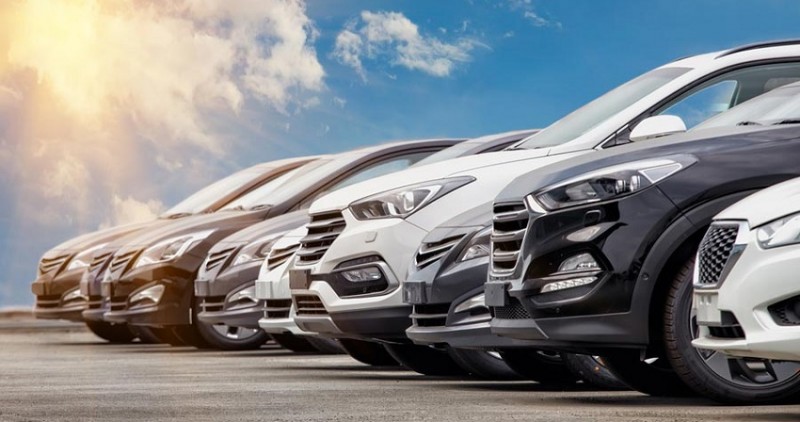
Auto retail sales in May saw a decline of 5.28 percent on a monthly basis, impacted by a combination of factors including the prevailing heatwave, lack of new models, and the recently concluded Lok Sabha elections, according to the Federation of Automobile Dealers Associations (FADA) on Monday. However, on an annual basis, there was a modest increase of 2.6 percent.
The sales of two-wheelers increased by 2.5 percent year-on-year, while three-wheelers saw a significant rise of 20 percent. On the other hand, the passenger vehicles (PV) and tractor segments both experienced a contraction of 1 percent each, while commercial vehicles (CV) grew by 4 percent, FADA stated in a press release.
Breaking down the monthly performance, two-wheelers (2Ws), passenger vehicles (PVs), and commercial vehicles (CVs) witnessed contractions of 6.6 percent, 9.5 percent, and 8 percent, respectively. Despite the overall decline, three-wheelers (3Ws) and tractors posted robust growth of 22.7 percent and 23.7 percent each.
"The decline in two-wheelers' retail was primarily due to supply constraints, lack of OEM marketing activities, and the impact of extremely hot weather and elections," explained Manish Raj Singhania, President of FADA. He noted, "Positive rural demand due to expected good monsoon and improved finance availability were also noted which kept the counters ticking."
Passenger vehicle sales were affected by market liquidity issues, lack of new models, intense competition, and poor marketing efforts by OEMs. Singhania further stated, "Additionally, increased customer postponements and low enquiries further contributed to the challenging market conditions. Due to the extreme heat, the number of walk-ins to showrooms dropped by around 18 percent."
The commercial vehicle segment also faced challenges from wholesale pressures, government policy effects, and negative market sentiment, despite the growth from a low base last year and increased bus orders.
Looking ahead, FADA expects to see some stability with the elections now over, but remains cautious about extreme weather conditions and the reopening of schools in July, which could affect consumer decision-making.
"Despite these positive indicators, challenges persist, including intense competition, lack of new model launches, and poor marketing efforts by OEMs," FADA highlighted. "Liquidity issues and high inventory levels continue to strain profitability for dealerships. Although discount schemes and good product availability are in place, low customer enquiries and postponements due to seasonal factors remain concerns."
TVS Motor Recalls iQube E-Scooter Units for Inspection: Here's Why
Demand for this Toyota car is increasing, waiting period is more than a year
Mercedes-Benz EQA will be launched, will it become the most affordable EV?